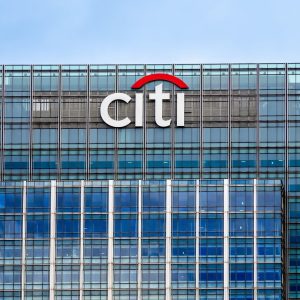
Under the arrangement, which dated back to 2004, the banks used specially created offshore firms to pay bonuses to employees in the form of shares instead of cash.
The banks expected that the move would allow their staff to stop paying income tax and national insurance.
The Supreme Court justice Lord Robert Reed said in his ruling that the banks’ efforts to cut their bills were the most sophisticated attempts of the Houdini taxpayer to escape from the manacles of tax.
He added that it is difficult to accept that Parliament can have intended to encourage by exemption from taxation the award of shares to employees, where the award of the shares has no purpose whatsoever other than the obtaining of the exemption itself.
Reed said the UBS scheme was completely arbitrary and it had no business or commercial rationale beyond tax avoidance."
The judge said Deutsche Bank’s dark blue share scheme was equally artificial. He added: "It had no business or commercial purpose, and existed solely to bring the securities within the scope of tax exemption."
A spokesman for Deutsche Bank said it noted the decision and all tax and national insurance associated to the scheme had already been paid.
UBS said: "This matter concerns a disagreement over the interpretation of highly technical tax legislation and dates back to a one-off compensation plan for 2003.
"While we are disappointed with the outcome, we are grateful to the Supreme Court for their careful consideration of the issues."
Image: UBS offices in Zurich, Switzerland. Photo: courtesy of twicepix.






